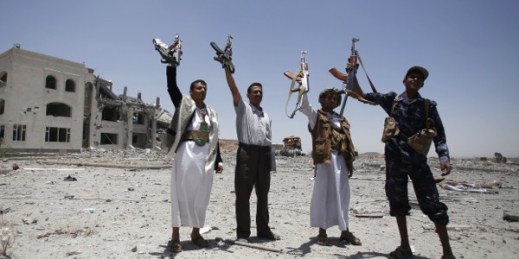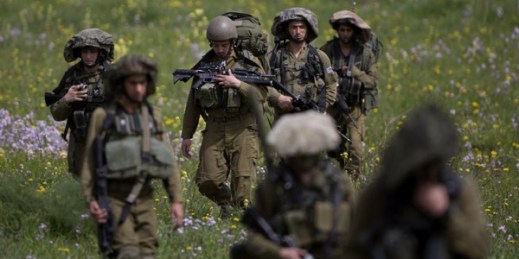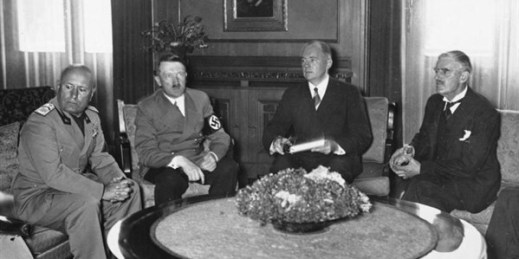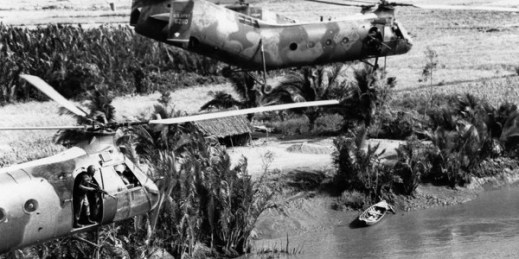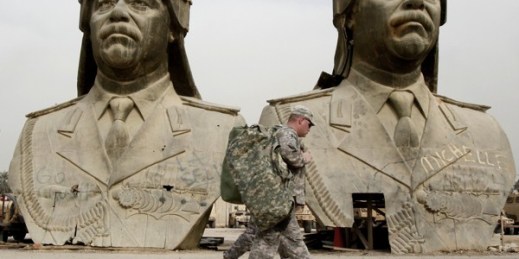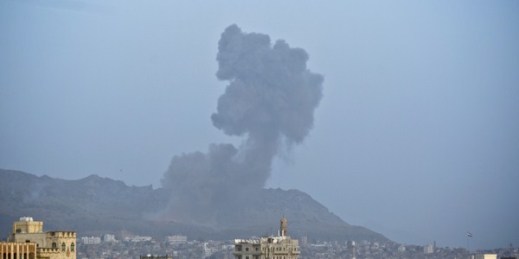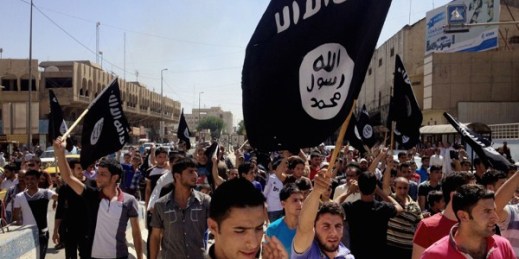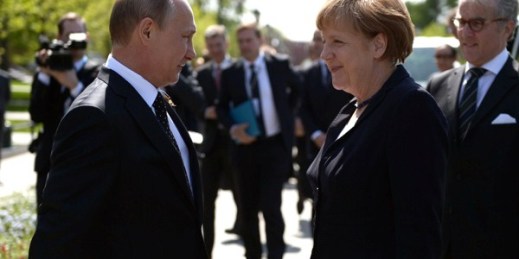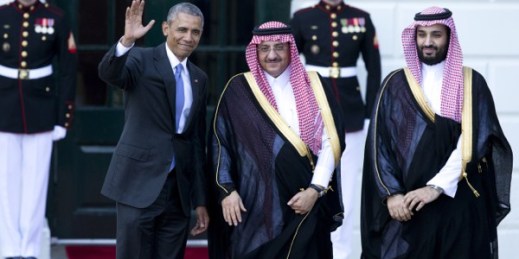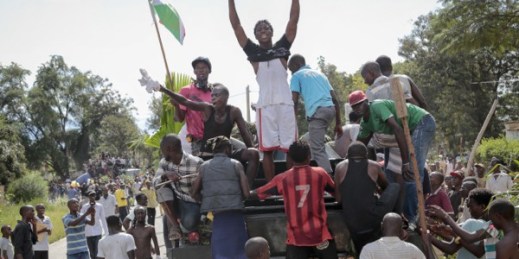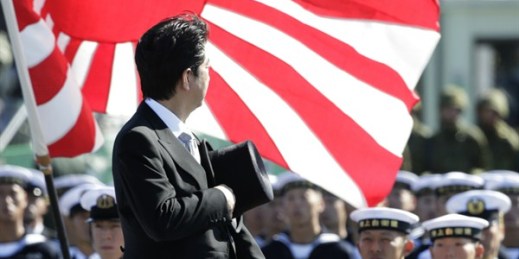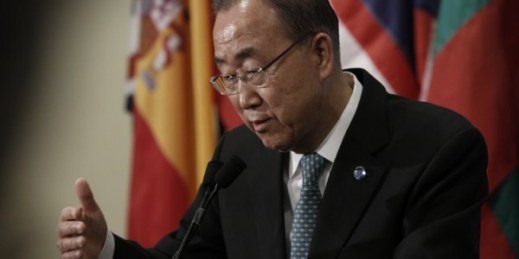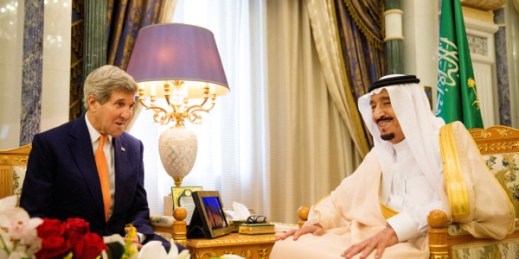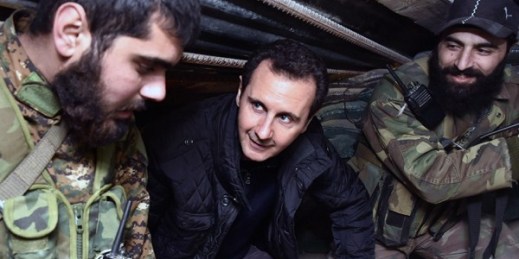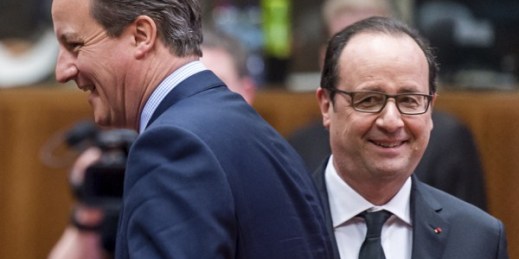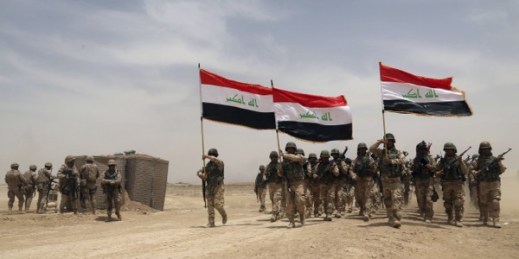
As the conflict with the so-called Islamic State (IS) swings back and forth, one thing is increasingly clear: Even if Iraq survives the fight intact, there is no chance it will ever return to the pre-war status quo where the government in Baghdad controls the entire nation. Neither the Kurds nor Sunni Arabs will trust the Shiite-dominated central government to protect them. The newly empowered Shiite militia leaders also will cling to their autonomy from Baghdad. If Iraq holds together at all, it will have a titular national government in the capital while regional potentates actually run the place. Local […]

